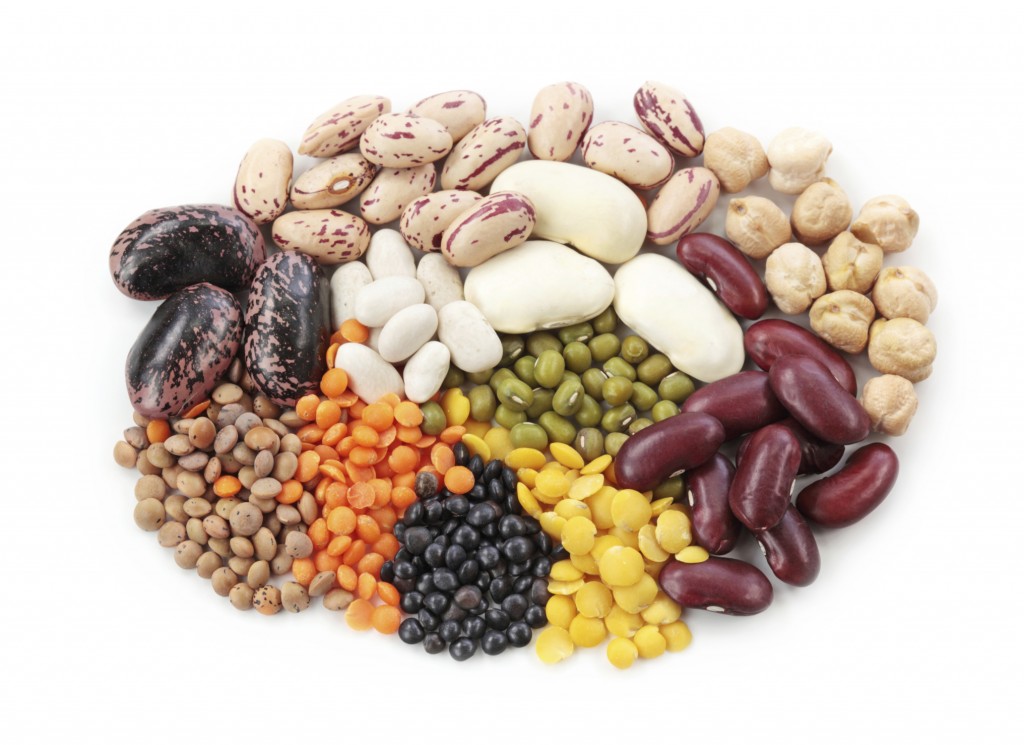The 6 Best Proteins for Vegetarians You Need to Know About
Lately I have had a lot of people ask about quality sources of vegetarian protein. It seems as though they are all getting sick of rotating between their go-to pasta dish and tofu 50-different-ways. I can’t blame them!
Though I’m not a vegetarian I really enjoy incorporating meatless meals into my weekly menu. It provides quite a bit of variety along with a little break from animal proteins.
Protein is an important macronutrient providing the building blocks for tissue and cellular repair. Our brains depend on these building blocks, called amino acids, to create neurotransmitters and other biochemical components that keep you functioning every day. Plus, protein takes longer to digest than carbohydrates leading to greater satiety with less caloric impact—win win!
I am happy to report there are some delicious and versatile vegetarian protein options and maybe even a few surprise front-runners as well.
General Rules for food combining to create a complete protein (one that contains all 9 essential amino acids that the body cannot make on its own):
Top 6 Categories for Quality Vegetarian Protein Sources:
1. Nuts and Nut Butters: Almond, Cashew, Walnut, Pecan, Macadamia, Brazil…there are so many options when it comes to nuts and nut butters, each lending a different flavor profile for endlessly happy taste buds.
Tip: Aim for raw nuts and nut butters with few additional ingredients
2. Legumes: Black, Garbanzo, Black-eyed Pea, Edamame, Adzuki…extremely versatile and loaded with vitamins, minerals, and fiber beans are a great addition to any dish.
Tip: If you have trouble digesting beans try soaking them with a Kombu strip during cooking which helps break down the starches that can cause bloating and gas.
3. Seeds: Pumpkin, Sunflower, Chia, Sesame, Poppy, Hemp…packed with nutrients and healthy fats seeds can add a nice crunch and new flavor profile to any meal
Tip: Try adding Chia or Hemp to your smoothies for a nice change from protein powder.
4. Grains: Ezekiel Bread, Black/Red/Wild Rice, Amaranth, Quinoa (technically a seed)…these grains boast proteins and carbohydrates along with vital nutrients needed for a healthy body. Remember to combine these with a legume to make a complete protein (except for Quinoa—it’s complete all by itself!)
Tip: Be mindful of portion size—grains are calorie dense foods and are easy to overeat!
5. Algae: Spirulina…a super food and complete protein, is a great addition to a whole host of recipes including the quick and simple smoothie.
Tip: Spirulina powder offers more nutritional benefits than tablets and can be easily integrated into many recipes
6. Veggies: Broccoli, Asparagus, Artichoke, Green Beans, Spinach, and Green Peas (technically a legume)…surprise! Many of your favorite veggies are not only great sources of vitamins, minerals, and fiber but also protein. Many of these contain around 4g of protein per ½ cup.
Tip: Play with different cooking methods like roasting, grilling, or quick sautéing along with cutting different shapes and sizes—it’s amazing how a few adjustments in preparation can open you up to new and exciting flavors and textures.

